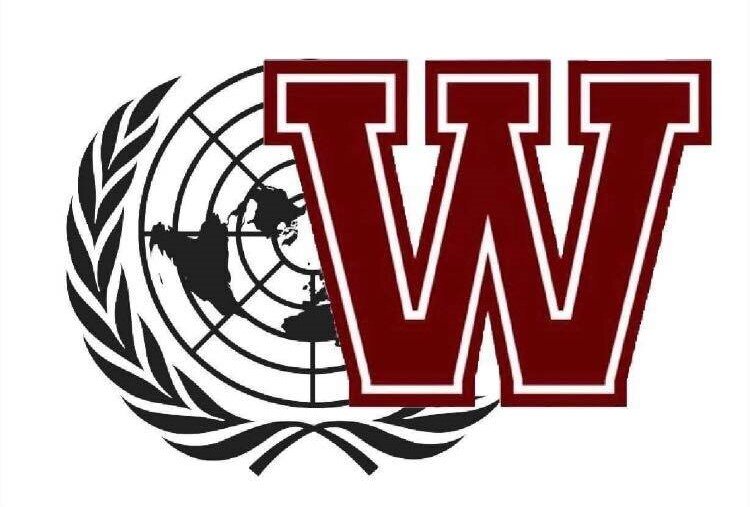ECOSOC: African Union
APPROXIMATE COMMITTEE SIZE: 50
The Economic and Social Council (ECOSOC) is one of the six principal organs of the United Nations, responsible for addressing global economic, social, and development challenges. It serves as a platform for Member States to collaborate on policy recommendations, coordinate humanitarian efforts, and promote sustainable development worldwide. Within ECOSOC, regional bodies like the African Union play a crucial role in addressing continent-specific issues by fostering cooperation and collective action among their Member States. Debate in this committee is both rigorous and collaborative, as delegates navigate national interests, regional alliances, and the broader goals of the AU.
This year, the African Union will focus on two pressing challenges: food insecurity and women's rights. Across Africa, millions face chronic hunger due to climate change, conflict, and economic instability. Ensuring food security requires sustainable agricultural practices, improved supply chains, and equitable resource distribution. Simultaneously, the fight for women's rights remains critical, as gender inequality continues to impact access to education, economic opportunities, and political representation. Advancing women's empowerment is essential for sustainable development and long-term prosperity across the continent.
Delegates will engage in meaningful discussions on how to combat food insecurity by strengthening agricultural resilience, enhancing international cooperation, and addressing the root causes of hunger. Additionally, they will explore strategies to promote gender equality, ensuring women have greater access to education, healthcare, and leadership roles. As Africa continues to develop, inclusive policies that uplift all communities are crucial for progress. Join us in shaping solutions that will drive the future of the African continent and create a lasting impact on the global stage.
Topic A: Fighting food Insecurity
Food insecurity remains one of sub-Saharan Africa’s most pressing challenges, with millions facing chronic hunger due to climate change, conflict, economic instability, and supply chain disruptions. While many African nations have abundant natural resources, agricultural productivity remains hindered by extreme weather patterns, insufficient infrastructure, and political instability. Addressing food insecurity requires a multifaceted approach that strengthens agricultural resilience, improves distribution networks, and fosters international cooperation to provide sustainable solutions.
How can the African Union enhance food production and distribution to ensure long-term food security? What role should international aid and trade agreements play in alleviating hunger? How can technological advancements in agriculture be leveraged to support small-scale farmers?
Topic B: bolstering women’s rights
Despite progress in recent years, gender inequality remains a major barrier to social and economic development across Africa. Women continue to face limited access to education, employment, and political representation, while also being disproportionately affected by poverty and violence. Ensuring women’s rights is crucial not only for gender equality but also for strengthening economies, reducing poverty, and fostering long-term stability within communities.
What policies should the African Union implement to promote gender equality and protect women's rights? How can education and economic opportunities be expanded for women, particularly in rural areas? What measures can be taken to combat gender-based violence and discrimination in both legal and societal frameworks?







